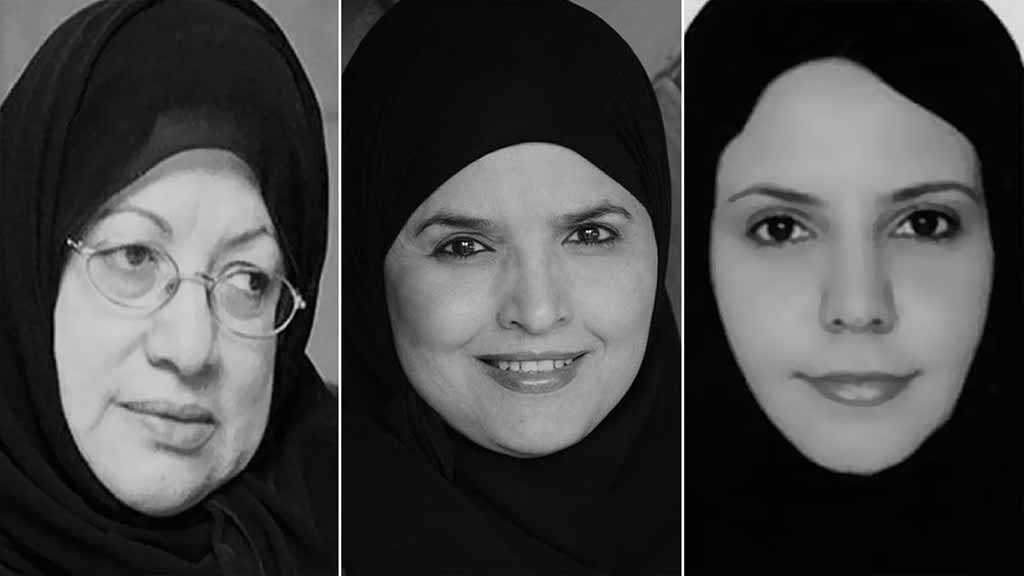Three Saudi Women Activists into Freedom

By Staff, Agencies
Saudi Arabia has temporarily released three of the women's rights activists held in custody for almost a year, state media has said, following a court hearing in which the detainees revealed details of torture and harassment during interrogation.
The announcement by the SPA news agency on Thursday did not identify the three women but several reports named them as blogger Eman al-Nafjan, Aziza al-Youssef, a retired lecturer at King Saud University, and academic Rokaya al-Mohareb.
They were freed following the second hearing on Wednesday of their high-profile trial that foreign reporters and diplomats were barred from attending. The women face charges that rights organizations say relate to contact with international media and human rights groups.
In its report, SPA said Riyadh's criminal court "indicated that the temporary release was decided after it studied their requests submitted during the trial sessions".
It added that the court would continue to look into their cases and that the release was conditional on their attendance at their trials until a final decision is reached.
A relative of one of the women uncovered that the women will still have to appear in court when the trial resumes on April 3.
More than 11 activists were arrested last May and those on trial include rights campaigner Loujain al-Hathloul and university professor Hatoon al-Fassi.
On Wednesday, the women offered their defense at the hearing, narrating details of torture and harassment during interrogation, according to reports citing courtroom sources.
Some of the women wept and consoled each other, while they and their family members gathered before a three-judge panel as they accused interrogators of subjecting them to electric shocks, as well as flogging and groping them in detention, two people with access to the trial told the AFP.
At least one of the women tried to commit suicide following her mistreatment, a close relative said.
Lynn Maalouf, Amnesty International's Middle East research director, said the women had had only two hours to prepare a defense with lawyers and their families before appearing in court.
"What we know is that they [the women] have court-appointed defense lawyers, we don't know that all the women have accepted these lawyers but it is absolutely their right to be appointing their own lawyers in this defense," Maalouf told Al Jazeera on Thursday.
The Saudi government is facing intense international scrutiny over the country's human rights record.
The women were arrested last year in a sweeping crackdown on campaigners.
Comments
- Related News




